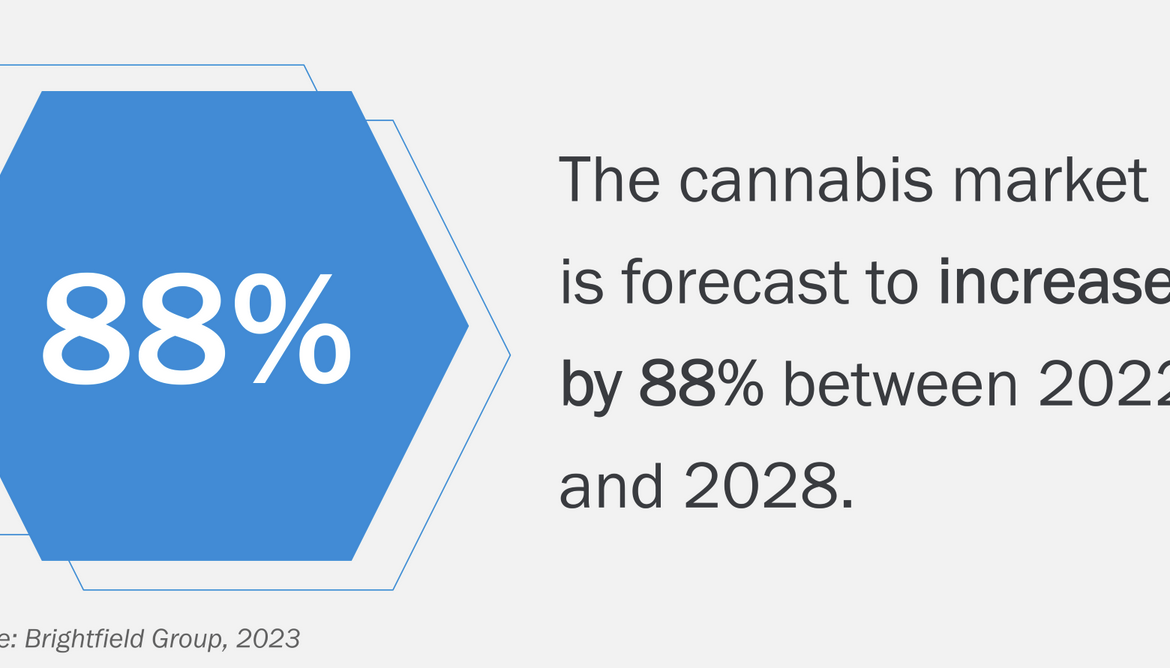
James and Monica dive into trigger laws. In the ever-evolving legal landscape of the United States, trigger laws stand out as a particularly intriguing mechanism.

Listen to Let’s Get CLEAR Podcast Now
What Are Trigger Laws?
In episode ten of Let’s Get CLEAR, James and Monica dive into trigger laws. In the ever-evolving legal landscape of the United States, trigger laws stand out as a particularly intriguing mechanism.
Trigger Laws Become Active Upon a Specific Event.
Trigger laws are statutes passed by a state legislature but dormant or inactive until a certain condition is met, usually the reversal or change of a federal law or Supreme Court decision. The term “trigger” refers to the mechanism that activates these laws. They are essentially legal time bombs, waiting for a particular legal or regulatory change to occur.
Historical Context
While trigger laws might seem like firs legal innovation, their history extends back decades. They are used in various contexts, but the most widely used application of a trigger law revolves around abortion rights.
The Mechanism of Action
The operational mechanism of a trigger law is straightforward: the law contains a provision that specifies the condition under which it will become effective. This condition is often the repeal or significant alteration of a standing Supreme Court decision. Once the specified condition is met, the trigger law automatically comes into effect without additional legislative action. This mechanism allows states to quickly adapt their legal frameworks to changes in federal law or Supreme Court jurisprudence.
The Implications of Trigger Laws
The implications of trigger laws are vast and multifaceted. Supporters argue that they enable states to swiftly enforce their residents’ will where public opinion may vary significantly from state to state. Critics contend that trigger laws can lead to sudden and profound changes in rights and legal statuses, often leaving individuals and institutions little time to adapt.
The Cannabis Industry and Trigger Laws
In the podcast, James Granger, the Chief Political Officer at Cliintel Capital Management, explains how trigger laws are tailored to the cannabis sector. With the changing landscape of cannabis regulations and potential shifts at the federal level, states like California, Washington, and Oregon have already implemented trigger laws. Once federal guidance permits, these laws allow immediate action, such as entering into interstate commerce agreements.
A Divisive Issue
The debate over trigger laws is deeply intertwined with broader societal and political divisions. Proponents often view them as necessary safeguards for states’ rights and moral values, while opponents see them as potential threats to individual freedoms and established rights. Using trigger laws highlights the ongoing struggle between visions for America’s legal and moral future.
The Implications of Trigger Laws in Cannabis Regulation
The application of trigger laws in cannabis regulation highlights several key considerations:
- Immediate Activation: States with trigger laws can swiftly adapt to changes, allowing them to capitalize on new opportunities for interstate commerce and industry growth.
- Preparedness for Change: By having trigger laws on the books, states position themselves to react instantly to federal changes, such as rescheduling or new guidance on cannabis regulation, ensuring they are not left behind in the evolving market.
- Complexity and Coordination: Implementing trigger laws in the cannabis industry involves navigating the complexities of state-specific regulations, public health and safety considerations, and the logistical challenges of interstate commerce. It necessitates coordination between states to ensure products meet testing and labeling requirements and that systems for track and trace are linked.
A New Horizon for Trigger Laws
Granger’s discussion on the podcast illustrates the innovative use of trigger laws beyond traditional domains, emphasizing their potential to guide the cannabis industry through uncertain regulatory waters. As federal policies evolve, trigger laws may become a critical tool for states to maintain agility and competitive advantage.
Looking Forward
The conversation between Monica Pina and James Granger offers a fascinating glimpse into the intersection of trigger laws and cannabis regulation. As these laws expand into new areas, they underscore the dynamic relationship between state initiative and federal oversight. Trigger laws represent a strategic approach to governance, ready to reshape legal landscapes at a moment’s notice. Whether one views them as a necessary precaution or a dangerous overreach, it is undeniable that trigger laws will continue to play a critical role in shaping state and federal laws in response to shifting legal and societal norms. To hear the full conversation, listen to Let’s Get CLEAR.

